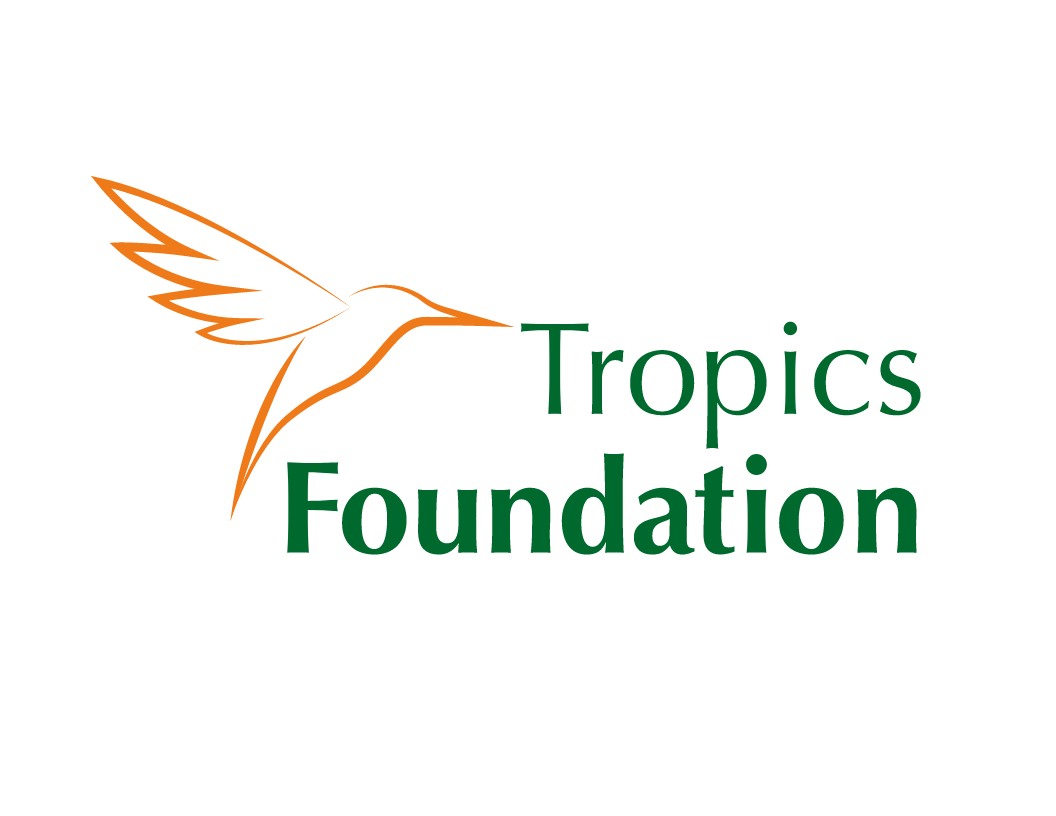CATIE strengthens the conservation of bees
In commemoration of World Bee Day, CATIE reaffirms its commitment to conservation through three contributions: knowledge, academic networks, and policy.
Protecting Pollinators: A Collective Challenge
The protection of pollinators is a challenge that requires the collaboration of all actors involved in the food chain, from farmers to consumers. Due to the growing concern about the impact of pesticides on pollinating insects, CATIE (Tropical Agricultural Research and Higher Education Center) shares some of its scientific contributions to promote the conservation of bee communities and the development of sustainable solutions.
Alejandra Martínez-Salinas, coordinator of the Forests and Biodiversity in Productive Landscapes Unit, warns that the indiscriminate use of pesticides threatens not only the domestic bee but also wild species, which are essential for the health of ecosystems and food security:
“Unfortunately, much of the focus, especially in the media, is limited to the species Apis mellifera, which is a domesticated species used for honey production (hence the name beekeeping and apiculture). However, the honeybee or European bee, as it is also known, is an introduced species, not native to the Americas. While they are very important for honey production, we forget that there are hundreds of other wild bee species about which we know very little and on which we need to expand our research efforts,” she explained."
The CINAT-UNA (Center for Tropical Beekeeping Research at the National University of Costa Rica) indicates that 650 species of bees are recorded in Costa Rica, while research by the Forests and Biodiversity in Productive Landscapes Unit on coffee farms reports more than 41 species of wild bees visiting coffee plants during their flowering (data derived solely from studies in Costa Rica).
Martínez-Salinas emphasizes that the use of pesticides impacts bees in three main ways: direct mortality from contact with chemicals, indirect mortality by destroying their food sources, and contamination of those food resources.
The root of the problem, according to Martínez-Salinas, lies in the lack of information and awareness about the harmful effects of pesticides.
Farmers, for the most part, apply these products out of agronomic necessity and cultural reasons, without fully considering or understanding the environmental consequences.
Three Important Contributions from CATIE:
Generation of knowledge through applied research.
Collaboration with academic and extension networks to train producers, especially women, in sustainable coffee practices and environmental education activities for free. For example, collaboration with the organization Bean Voyage within the framework of the project "Conserving Neotropical Migratory Birds through Ecosystem Services Management on Coffee Farms," led by CATIE.
The signing of an institutional policy for the protection of bees in 2022.
Finally, CATIE is working on the ecological restoration of areas on its commercial farm, including the planting of melliferous species to improve habitat for pollinating insects, thanks to the contribution of organizations like Bee The Change. This project involves planting melliferous plants and installing bee hotels to promote the existence of food resources throughout the year and create suitable spaces for their protection and reproduction.
If you want to learn more about the contributions and research that CATIE carries out regarding the preservation and conservation of bees, you can click on the following link and delve deeper into knowledge:
https://www.catie.ac.cr/2024/05/20/catie-fortalece-la-conservacion-de-las-abejas-con-estos-tres-aportes-conocimiento-redes-academicas-y-politica/
Written by: Esteban Rodríguez Zamora.
Edited by: Estefanie Ramirez Brenes.




